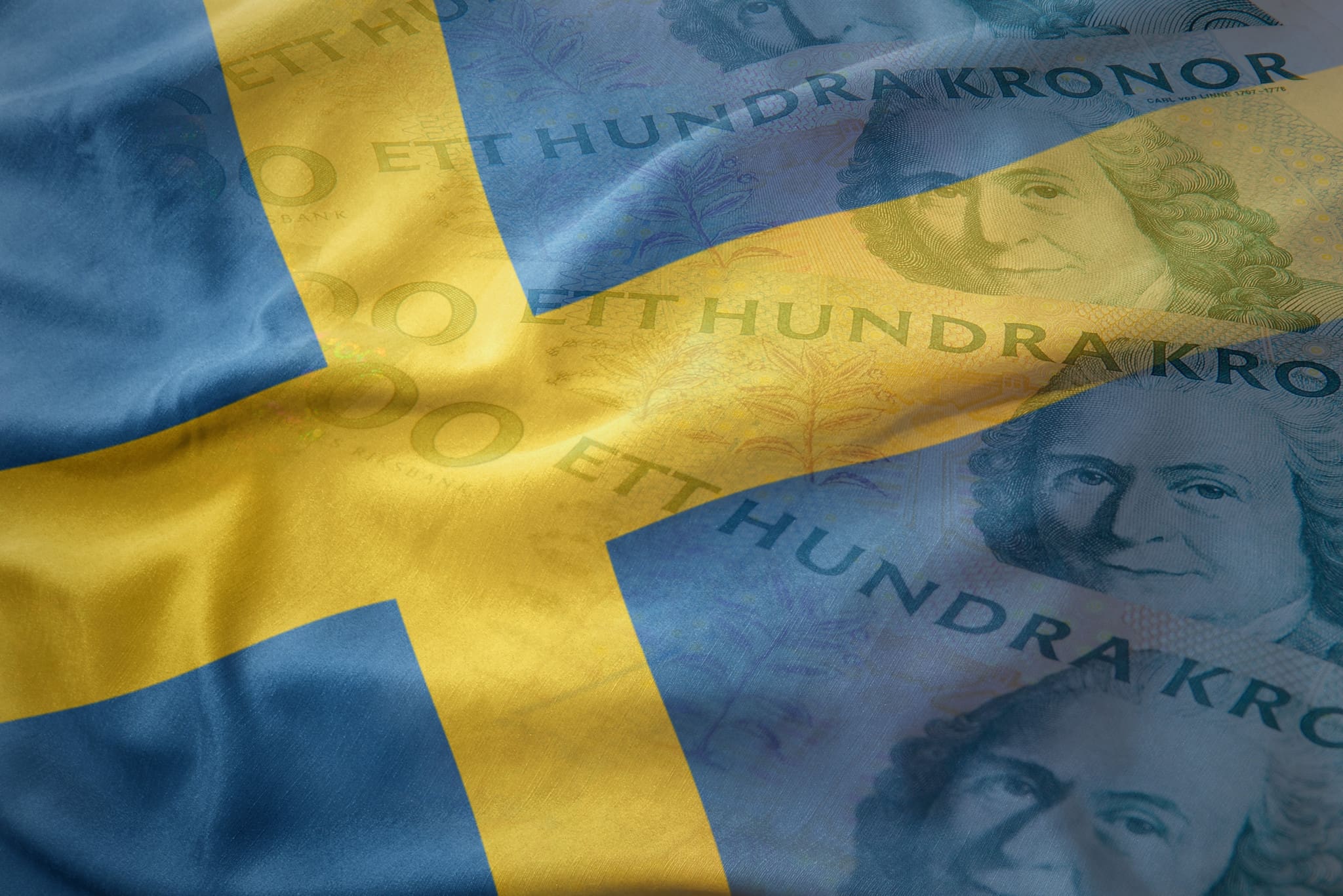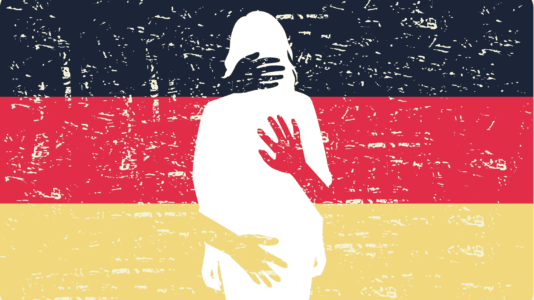The European Commission recently gave Sweden the worst economic forecast of the 27 member states, with the Scandinavian country expected to see its gross domestic product (GDP) shrink by almost 1 percent this year.
The country, which is heading for recession, is currently facing its sharpest increase in food prices since records started being kept in the 1950s. The situation has been a major burden on households.
According to data published on Wednesday by Statistics Sweden (SCB), food costs on average were 21 percent more in Sweden than a year earlier, while the price of some basic foods rose by as much as 40 to 50 percent.
Butter, dairy products, coffee, cheese, eggs and pasta are quickly becoming luxury items. Finance Minister Elisabeth Svantesson said she would call Sweden’s food retail giants to the table to discuss the figures, which are the highest in 70 years, according to Hungarian newspaper Magyar Nemzet. She wants to discuss how to bring prices down while ensuring that producers and retailers do not unnecessarily raise the price of individual products.
In Sweden, the food trade is dominated by a few large supermarket chains, which the competition authority says is driving up prices unnecessarily. The rate of price increases is significantly higher than in neighboring Nordic countries. In this context, the Competition Office recently told Swedish public television that it was not entirely clear why and that the Competition Authority was investigating possible unjustified price hikes.
[pp id=69635]
Inflation in the most populous Nordic country is twice as high as its neighbors, and it rose further in February to 12.5 percent, significantly higher than the eurozone’s 8.5 percent.
Another factor driving inflation is the weakening Swedish crown, which has lost 10 percent of its value relative to the euro over the last month. The war in Ukraine, with sanctions on Russia being blamed for elevated energy and commodity prices across Europe, is also a factor.
Sweden’s central bank is expected to react to the growing inflation crisis.
“There is no doubt that the Riksbank will hike by at least 50 basis points in April, if not more,” Lars Kristian Feste, head of fixed income at Ohman Funds, told Reuters. “If the Riksbank doesn’t get inflation under control, we think the policy rate could probably top 4 percent this year.”
Other European leaders are pointing the finger elsewhere when it comes to inflation. Hungarian Prime Minister Viktor Orbán has advocated for Europe to drop sanctions on Russia, arguing that they are harming Europe more than Russia.
“If we want to fight inflation, we must start with understanding: Why is there inflation all over Europe? Brussels has unleashed trouble on us with its sanctions on energy. The disease is called sanction inflation, and the virus is the Brussels sanctions. Sanctions are the weapons of Brussels’ war policy. They were aimed at Russia, but they hit Europe. It was not so long ago that Brussels promised these sanctions would bring an end to the war. A year has gone by and the end of the war is not getting closer, it is getting further away,” said Orbán in a speech last month.






